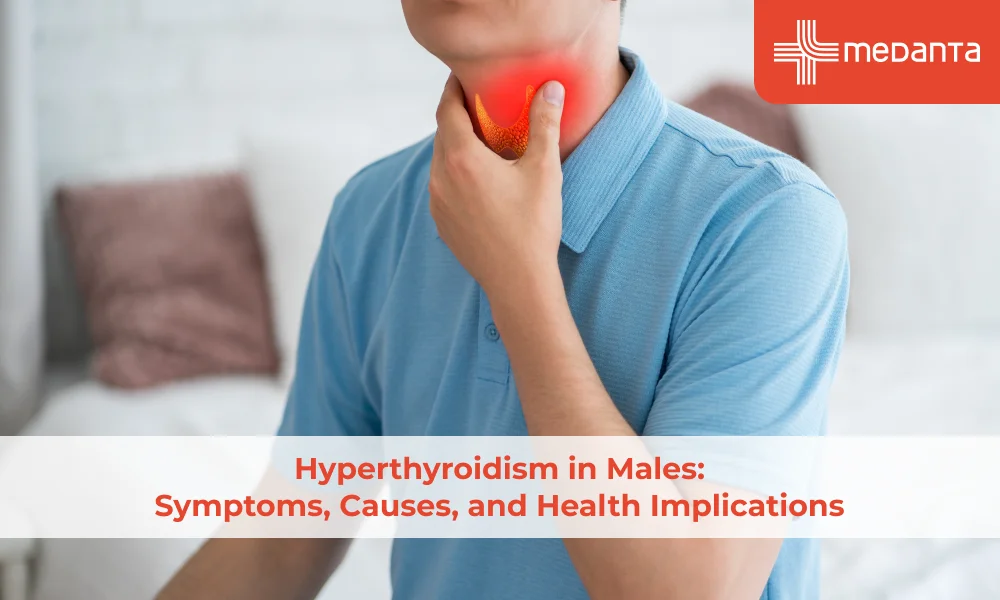Why does too much coffee may harm your heart?
Coffee is the fuel for the daily grind of billions of people all over the world. To get them going, endurance athletes swear by coffee (in more ways than one). For many people, going without at least one daily cup of coffee is impossible. However, as with anything wonderful, drinking too much coffee, and specifically drinking too much caffeine, is bad.
Limits of Caffeine
Caffeine usage is not recommended for kids, even though it may be safe for adults. It's important to warn teenagers and young adults about using too much coffee and combining it with alcohol and other drugs.
Women who are pregnant, trying to get pregnant, or nursing should discuss keeping their caffeine intake to around 200 mg per day with their doctors.
Heavy caffeine consumption can have undesirable side effects, even in adults. Additionally, those who are extremely sensitive to caffeine's effects or who take specific drugs may want to avoid it.
Impact of Caffeine Caffeine on your heart
- Rapid heart rate
An exceedingly well-liked stimulant is caffeine. More than 85% of Americans consume at least one caffeinated beverage each day, with coffee, tea, and soft drinks accounting for 96% of all consumption. If you prefer caffeine-containing drinks but have had heart palpitations, you might question if your regular caffeine intake is to blame.
You should make every effort to maintain a healthy heart. Even though they are fleeting and transient, heart palpitations should not be disregarded because they could be a sign of a more serious condition. If you think that your lifestyle choices, such as drinking caffeine, are the root of these heart issues, see a doctor. Your doctor should conduct a thorough examination to determine the condition of your heart. We'll talk about how caffeine can induce heart palpitations and what you can do to prevent it.
- Heart Palpitations
You probably don't notice your heartbeat or rhythm most of the time. The heart beats with a certain rhythm, and the average resting heart rate ranges from 60 to 100 beats per minute. You might not even be aware that your heart is beating until it beats quickly or strongly. Heart palpitations occur when you feel your heart pumping erratically. It could feel like slamming, thumping, or throbbing too quickly. Exercise, stress, and some drugs are common causes of heart palpitations.
Controlling your caffeine intake
- Keep track - Start keeping track of the amount of caffeine you consume daily from foods, drinks, and energy drinks. Carefully read all labels. However, keep in mind that some foods or beverages that contain caffeine don't specify it, so your estimate might be a little low.
- Slowly decrease - Take a smaller cup of coffee or consume one less can of soda per day, for instance. Or refrain from consuming caffeinated drinks in the afternoon. This will decrease any potential withdrawal effects and help your body adjust to the lower levels of caffeine.






